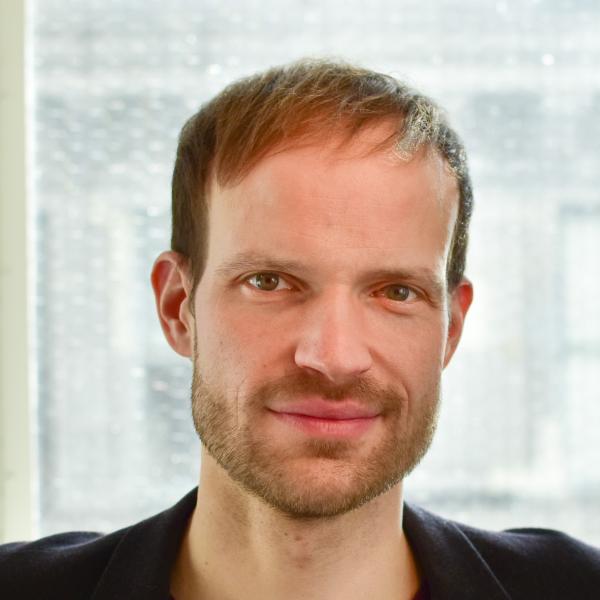Previous Education
Ludwig-Maximilians University Munich
Research Interests
Very broadly, I am interested in the following topics: Thinking; its relation to nature; the concept of the world; philosophical method.
In my dissertation, I inquire how Kant and Hegel each try to develop an a priori conception of nature. Kant does so by reflecting on how knowledge is possible for a being that needs sensibility in order to have knowledge. He thereby establishes that nature must accord to mechanical causation, but also that human freedom is not thereby excluded. Hegel agrees, but holds that more has to be said about how exactly freedom can be realized in nature. To that end, Hegel develops a different philosophical method, by means of which he establishes a different conception of nature – one that positively includes solar systems, organisms, and human freedom as exhibiting a different form than mechanical causation.
Dissertation
Working Title: Knowledge, Nature, and Freedom – Kant and Hegel on the Limits of Human Knowledge and Its Implications for the Concepts of Nature and Freedom
Committee: Robert Pippin (chair), James Conant, Matthew Boyle and Christian Martin (LMU Munich)

